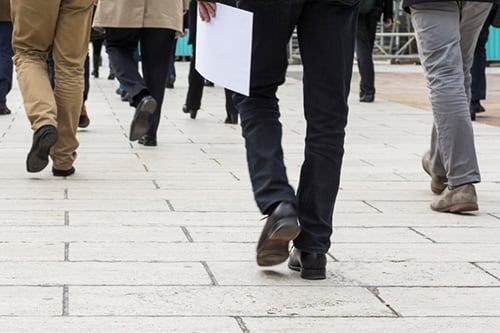

Research from NAB has suggested that, despite the predictions habits will remain permanently altered due to the introduction of social distancing measures, very few Australians are considering a lasting departure from their pre-pandemic norm.
For example, NAB examined the widespread expectation that large swathes of the population will take advantage of new opportunities to work remotely, contributing to a general move away from big cities to regional areas.
When surveyed, on average, Australians scored just 1.9 points out of a possible 10 when asked about the likelihood of making such a lifestyle change.
According to the bank, human behaviour does not change quickly and the more sensationalist predictions of the largescale reshaping of daily life are likely to be “highly inaccurate”; rather, Australia will see adaptations and modifications to daily life on a much smaller scale.
The survey sought to give firmer shape to the ways in which Australians foresee the pandemic changing the way they live, work and shop in the future.
Respondants indicated improved personal hygiene, such as more frequently washing hands, is expected to be the most lasting change, with the second most frequently cited shift being taking overseas holidays and travelling by plane. They also communicated they plan to make more of their purchases online moving forward.
Additionally, Australians plan to spend less time on public transport, in major, local and neighbourhood shopping centres and eating out at restaurants. Rather, they indicated they plan to save more for emergencies.
However, even with NAB's doubts around the predictions of a complete overhaul of daily life, Australians scored on average only 6.5 points out of a possible 10 when asked to rate the extent to which they agreed with the statement “I want my life to return to exactly how it was before the COVID-19 pandemic”.
The most commonly cited factors which contributed to this score were “more environmental impacts/pollution” and “the faster pace of life”.
Other considerations included the fear of spending less time with family and the undesirability of spending more time commuting to work.
